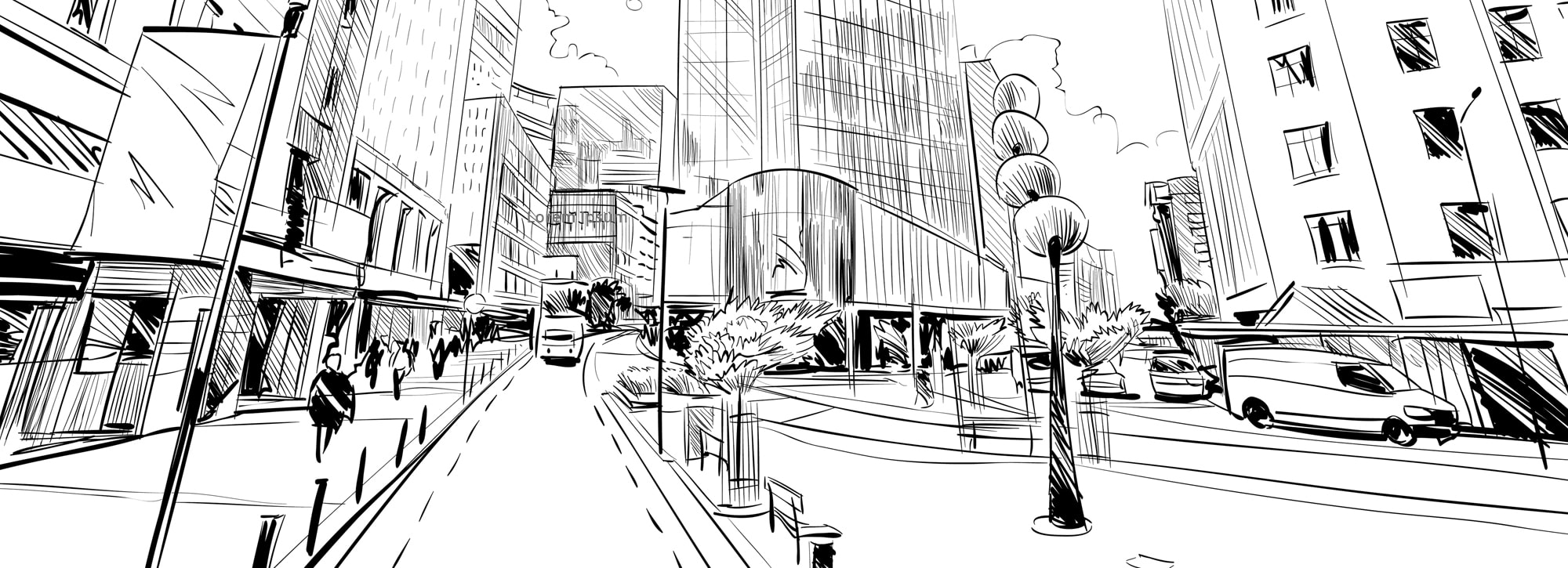Recent changes in the rental property sphere
On the 22nd of November 2022, the Government announced extensions to the Healthy Homes compliance timeframes for some private landlords, as well as two new proposals in the residential rental property sphere.
The first proposal intends to introduce regulations surrounding methamphetamine contamination in rental housing. This is a welcomed proposal and will bring some much-needed clarity to the issue.
The second proposal is to introduce regulations for professional residential Property Managers. This is an acknowledgement by the Government of the significant role Property Managers play in the Residential Tenancies market, which houses nearly one in three households in New Zealand. Despite their central role, there is currently no overarching regulatory regime for professional Property Managers.
Healthy Homes Standards – extension of time for some private landlords
With effect from 26th November 2022, the Government has extended compliance timeframes for some private landlords under the Healthy Homes Standards compliance regime.
This is to acknowledge the effects of COVID-19 and the ongoing disruptions and delays to the global supply chain, delivery issues and limited trade workforce which have affected the construction industry.
For private landlords arranging a new or renewed tenancy the timeframe to achieve compliance under the Healthy Homes Standards has been extended from 90 days to 120 days.
A private landlord who has previously arranged a new or renewed tenancy between 1 July 2021 and 27 August 2022 is already required to comply with the Healthy Homes Standards and the extension will not affect them.
The final date by which all private landlords must comply with the Healthy Homes Standards has been extended from 1 July 2024 to 1 July 2025.
Clarifying methamphetamine contamination standards
Methamphetamine contamination in rental housing has been an ongoing problem, however there is a lack of clear guidance defining problematic levels of methamphetamine and what steps landlords need to take if their rental property has been contaminated.
The current response is haphazard which has caused confusion and led to disproportionate responses to low levels of methamphetamine residue where there is a low probability of harm. To make things more confusing, currently, two different standards of what levels of methamphetamine contamination are considered “acceptable” are used. Neither of these are derived from legislation and so there are currently no legally binding guidelines.
The proposed regulations would provide some much-needed clarity, particularly regarding the establishment of maximum acceptable levels of methamphetamine, processes for testing, when testing is required. It will also provide clarification around decontamination levels and processes in rental properties. Public consultation has already begun with the submissions period closing on the 20th of February 2023. It is anticipated regulations may come into force in the first half of 2024.
Proposed new regulatory regime for Property Managers
The residential tenancies market houses nearly one in three households in New Zealand. Many of those tenancies are managed by a professional Property Manager.
Despite the key role Property Managers play, they are not subject to standardised professional regulations. The Government has proposed to change that by introducing a regulatory regime designed specifically to address the industry.
The proposed regulations would introduce national standards around training, licensing, and practice for all professional Property Managers. It would relate only to professional Property Managers in the residential sphere so private landlords, public landlords (such as Kāinga Ora), commercial property managers, and property managers where there is no expectation of payment (e.g., informal arrangements), would fall outside of the regime.
The proposed regime would include compulsory registration for individual Property Managers and Property Management organisations, training and entry requirements, industry practice standards, and a complaints and disciplinary process. The regulatory authority will be the Real Estate Authority (REA) and the regime will be monitored by Te Tūāpapa Kura Kāinga (HUD).
The aim of this regime is to standardise the sector and introduce minimum standards of conduct that can be efficiently enforced.
Currently, most Property Managers abide by professional standards set by industry associations and strive to provide a quality service to both Tenants and Landlords.
However, the lack of a mandatory regime that extends across the whole sector means there is no way to reliably exclude the few bad apples from the industry after they have caused serious harm. The introduction of this regime aims to promote public confidence in the delivery of residential property management services and to protect property owners, tenants and other consumers.
The proposal is intended to be formally introduced to Parliament in May 2023 and if successful it is anticipated all provisions would be in force by mid-2026.
Please contact Sarah Mair, Law Clerk, or Jessica Temm, Partner on 04 472 5074 if you would like to discuss any matter raised in this article.
Welcome Georgia Drummond
Georgia will join Gault Mitchell as a Law Clerk in January 2023 after completing her studies in Wellington. She has a keen interest in property, succession, and family law. Georgia is looking forward to gaining experience in these fields.
Outside of work Georgia enjoys reading, dance fitness, and exploring Wellington.
Georgia studied at Victoria University of Wellington where she completed a Bachelor of Laws with Honours (LLB Hons) and a Bachelor of Arts majoring in Psychology and Media Studies. She will work toward her professional studies to be admitted as a Barrister and Solicitor of the High Court in 2023.
Contact Georgia by email at georgia@gaultmitchell.co.nz or by phone on (04) 472 5216.


